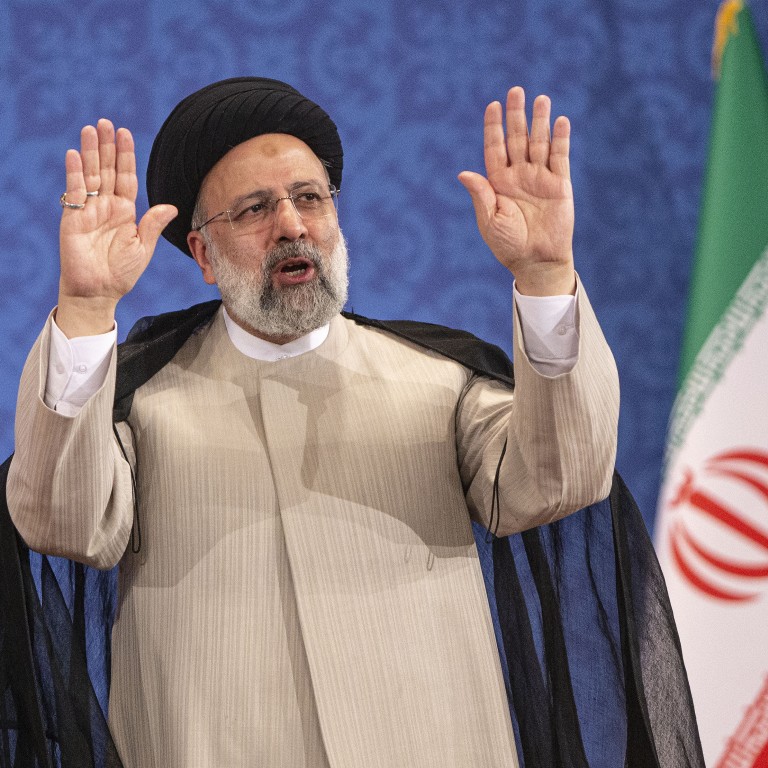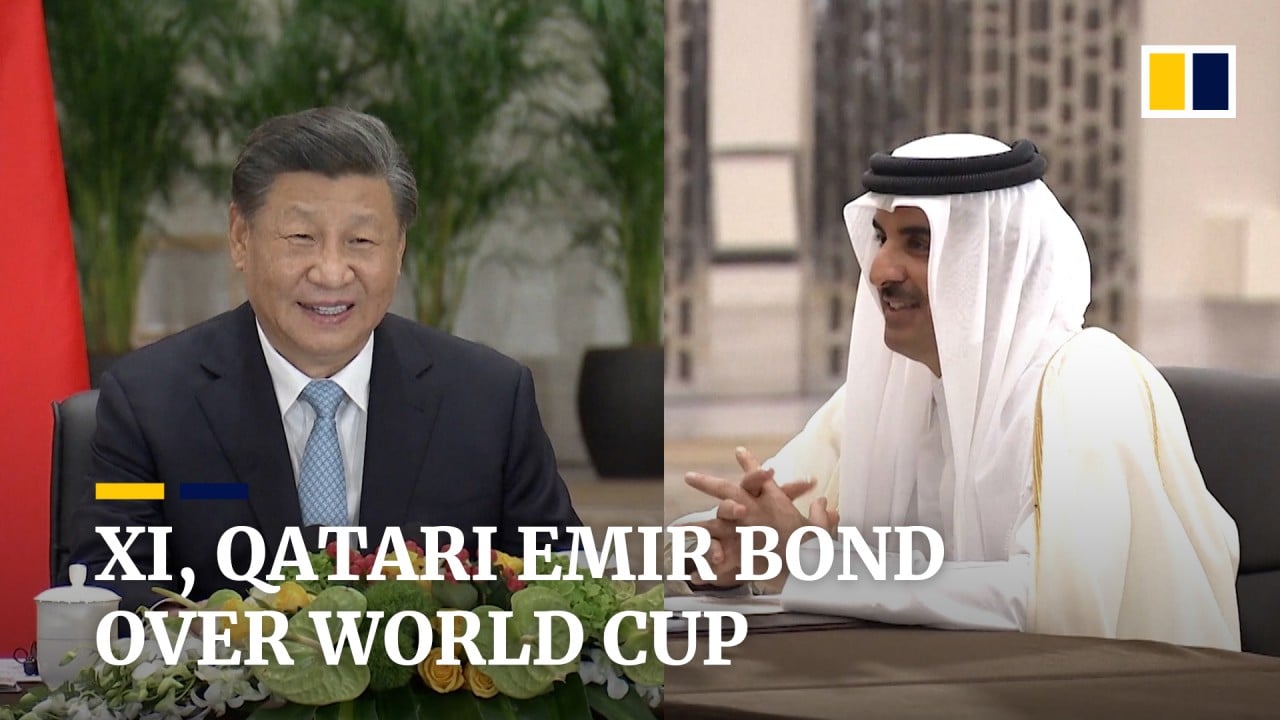
Iranian president to visit China as Beijing aims to mend ties after Riyadh summit
- Ebrahim Raisi will travel to Beijing this week at the invitation of President Xi Jinping, foreign ministry says
- Tensions between the countries have simmered since a joint declaration by Xi and Gulf leaders in December raised frustrations in Tehran
In the joint statement, which wrapped up a summit between China and the Gulf Cooperation Council (GCC) in Saudi Arabia, both sides agreed that GCC member United Arab Emirates should use negotiations to resolve its territorial disputes with Iran over islands in the Strait of Hormuz.
Xi’s China-Arab summit success in Riyadh raises temperatures in Iran
After the summit, China’s ambassador to Iran, Chang Hua, was summoned by the Iranian government to hear its side of the islands dispute.
On the sidelines of the Shanghai Cooperation Organisation summit in Uzbekistan in September, Xi told Raisi that China viewed its relations with Iran from a “strategic and long-term perspective” and was ready to increase communication and coordination with Iran.
Observers said Raisi’s visit would improve ties. Shi Yinhong, a professor of international relations at Renmin University in Beijing, said he expected both sides to cement cooperation and ease the tensions that had simmered since the joint statement.
However, Shi said the “substantial complications” in bilateral ties were unlikely to change, including the domestic turbulence in Iran, Tehran’s position on the Ukraine war and its hostilities with other Middle Eastern countries that China partners with for energy.
“China is yet to find a real and much needed strategic partner in the region. There is still demand both from China and Iran to work closely economically and strategically,” Shi said.
Beijing has repeatedly said China’s relations with Iran and Gulf countries do not target any third party.
China looks to strengthen Arab ties as US pivots from Middle East
Niu Xinchun, director of the Institute of Middle East Studies at the China Institutes of Contemporary International Relations (CICIR), said Beijing should focus on economic and technological cooperation with the region and avoid being dragged into a “great power game” with Washington.
In an article published on Tuesday, Niu said Beijing’s policy in the Middle East was not expected to undergo a major shift over the next few years and would continue to focus on economic rather than military ties.
China has pledged to boost energy cooperation with Gulf countries and, as ties between Washington and Beijing have worsened, tried to expand the use of the Chinese currency in the oil trade to reduce reliance on the US dollar.
“China will continue to cautiously manage its relations with Iran and other Middle East countries, trying to strike a balance,” Shi said.



